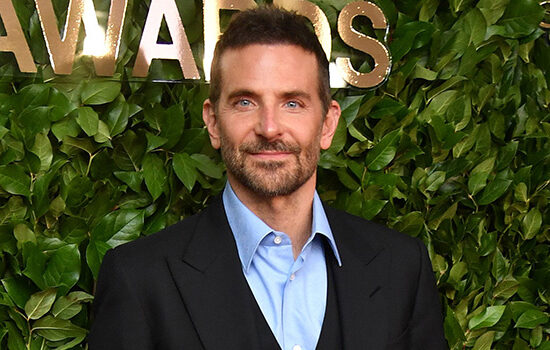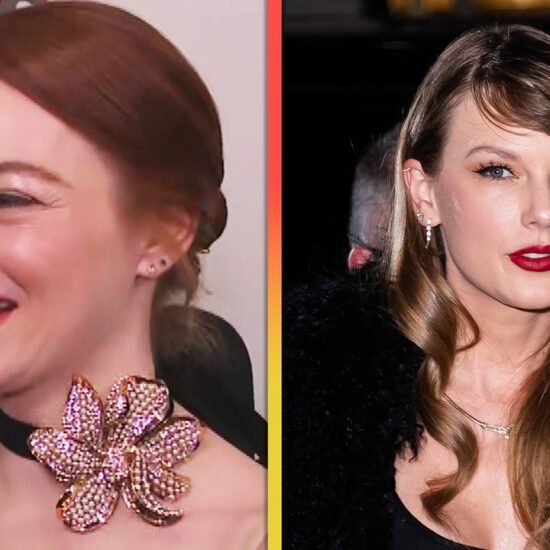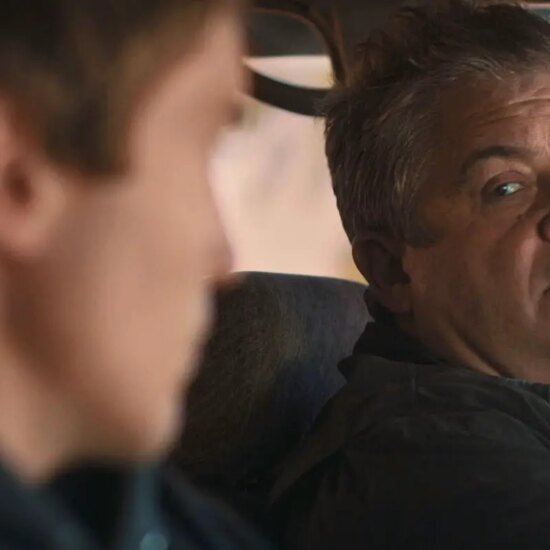
Rebecca Halpern’s latest documentary “Love, Charlie: The Rise and Fall of Chef Charlie” examines iconic Chicago chef Charlie Trotter, who developed micro-greens and helped make vegetarianism mainstream. The chef, who died in 2013, was also known for his cookbooks, which featured groundbreaking food photography, which earned him the title “godfather of food porn.” Trotter’s first namesake restaurant, located in a Lincoln Park townhouse on Chicago’s North Side, opened its doors in 1987 and remained a famed establishment for 25 years. While considered a trailblazing chef whose restaurants helped transform American fine dining, Trotter was also known for his temper and controlling behavior.
“He was the puppeteer,” Grant Achatz, a chef who worked for Trotter and went on to open his own restaurants says in the film. “He figured out a way to get what he wanted from all of us.”
In the first few moments of Halpern’s docu, Trotter states, “My philosophy has always been if it weren’t for the employees and if it weren’t for the customers, the restaurant business would be the greatest business in the world.”
The film is comprised of sit-down interviews with Trotter’s family, friends, and celebrated chefs, including Wolfgang Puck and Emeril Lagasse, along with personal archival material (including 8mm home movies and hundreds of pieces of personal correspondence). “Love Charlie” will be released by Greenwich Entertainment on Nov.18 in theaters and on video on demand.
Variety spoke with Halpern about her docu being a cautionary tale and not a film about cuisine.
What made you want to make a film about Charlie Trotter?
Having grown up in Chicago (my mom was a food writer there), I only knew Charlie through the media’s caricature of him as an obsessive, tyrannical perfectionist, and I wanted to go deeper — to get to the heart of who he really was. Because he was in his prime before social media, his legacy now stands to be lost to time. For all the groundbreaking innovations he pioneered that we feature in the film (and there are many more where those came from), people should know who he is.
You said that the thesis of this film has nothing to do with food. Can you explain what you mean by that?
Charlie Trotter’s story is a cautionary tale about what happens when a person’s identity becomes consumed by their work. Before he opened the restaurant, everyone called him “Chuck,” and we get this incredible glimpse into Chuck’s psyche through the letters and postcards he wrote when he was a young chef. But the minute he named the restaurant Charlie Trotter’s, Chuck knew instinctively that he’d have to take on a new persona and, in a way, play the role of Chef Charlie Trotter. He played that role for 25 years, and when the restaurant closed in 2012, the movie ended, and there was no role left to play. He died a year later.
You interviewed many famous chefs, including Wolfgang Puck, Emeril Lagasse and Grant Achatz as well as Charlie’s immediate family. Did they all immediately agree to participate, or did it take convincing? If so, what ultimately convinced them to be part of the film?
Charlie was a polarizing figure — people either loved him or loathed him, particularly if they worked for him. We were lucky to have the participation of so many family members, friends, and former employees, but there were a handful of people who either didn’t want to relive their experience or felt some sort of obligation to protect Charlie’s legacy, and they chose not to participate. That said, once Charlie’s family agreed to come on board, all the pieces fell into place.
Was there anyone that you wanted to interview that you couldn’t? If so, why?
It’s less about who we didn’t interview and more about the archival footage that didn’t exist of Chef Trotter in the kitchen. Charlie was very performative and always knew when the cameras were on him, and I wish we’d had more candid verite — particularly in his more “tyrannical” moments — where the audience could just be a fly on the wall at the restaurant. In some respects, how he behaved in front of the cameras reinforced this idea that Chef Charlie Trotter was a role he was playing to support his business.
Grant Achatz, who has been named best chef in the United States by the James Beard Foundation, was very candid in the docu. Did that surprise you?
Yes. One hundred percent. Though he’d spoken openly about his experience working for Charlie in series like “Chef’s Table,” this was the first time to my knowledge that he spoke about the full timeline and where his relationship with Charlie ultimately ended up, and how he now finds himself acting like Charlie all the time. Charlie and Grant’s stories are mirrors of each other, and it was surprising to hear Grant admit that. That, to me, is the real story here — this cyclical nature of legacy — of being a wunderkind who explodes onto the scene, who knocks the top dog off his pedestal, then reigns until the next guy comes along, and then is faced with that dreaded “now what?” question…
Do you consider this film a homage to Chicago?
I’m originally from Chicago, my father was in construction, and he built many of the buildings that have come to define Chicago’s skyline, and my mom was a food writer there — so from a personal perspective, it’s totally an homage. Charlie Trotter put Chicago on the map for food, just as Oprah did for TV talk shows and Michael Jordan did for basketball. Chicago was in its heyday in the 90s — it felt like it was the center of the universe, and rightfully so.
What do you hope audiences talk about after watching this doc?
I hope the film will spark conversations around excellence. What does it mean to be excellent? How can people be more excellent in their own lives? And where does the relentless pursuit of excellence ultimately lead?













